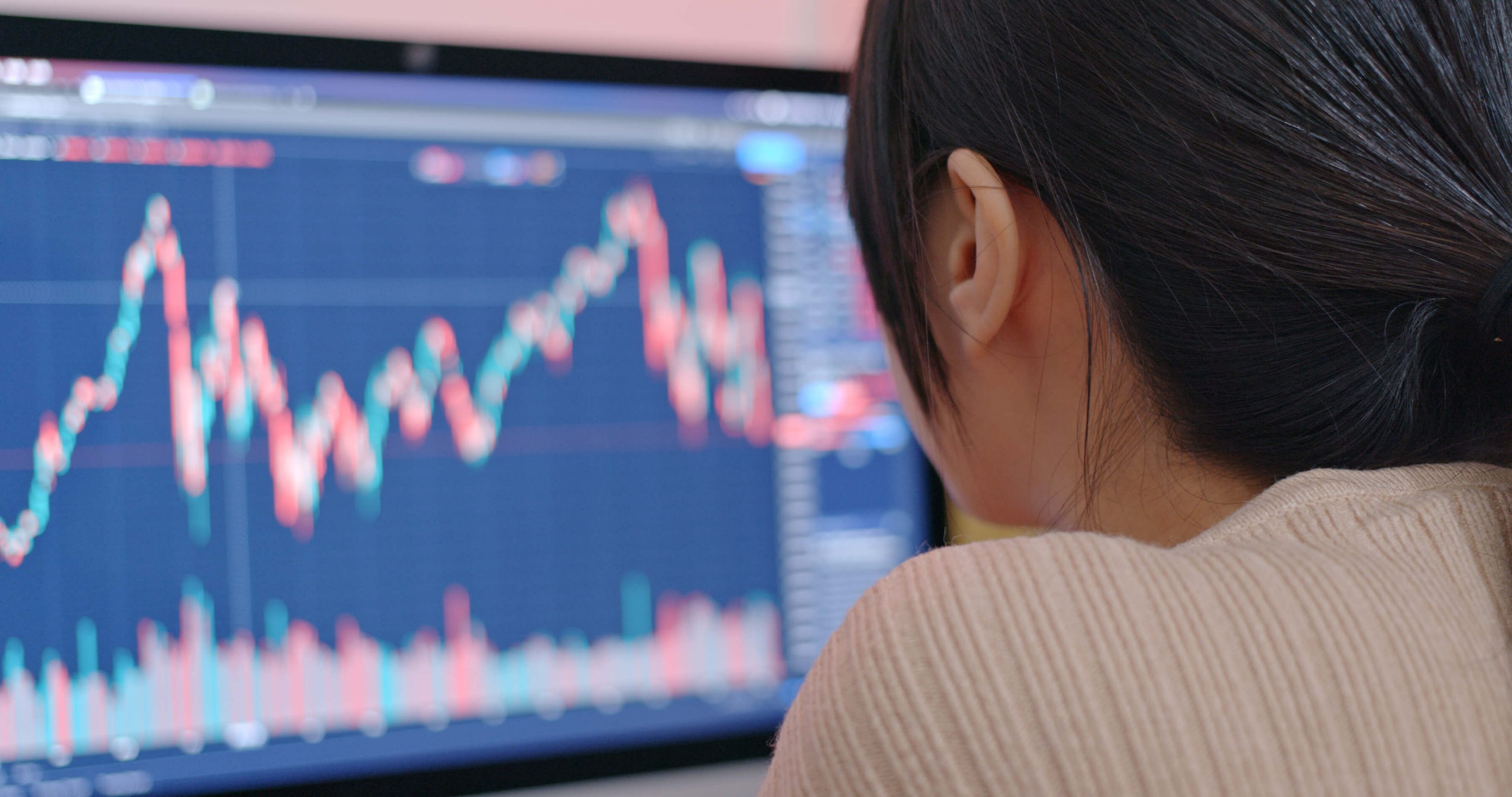Rising inflation only temporary
What will happen to inflation? Will the upward trend continue? Our economists expect a temporary upswing in the coming months, after which inflation will stabilize.
Important drivers for inflation are the huge support packages of governments, rising costs (among others due to the disruption of the logistics chain) and the stop & go policy of opening and closing economies. In its latest study assessing the impact of Covid-19 on inflation, Euler Hermes emphasizes that these are temporary triggers. They fade as the vaccination progresses and the economic recovery advances, according to the global leader in trade credit insurance. Inflation will hence only stage a temporary overshoot in the US and briefly hit the European Central Bank’s “below, but close to, 2%” target in the Eurozone in 2021.
Back to normal
Our economists expect the rising price level to stabilize in the second half of this year and then to drop somewhat in 2022. This is partly because supply chains are normalizing. However, we do foresee higher wage levels that will require extra attention. Extra income could fuel inflation, especially as consumer prices are also (temporarily) rising. Such a price-wage spiral could lead to persistently higher inflation. However, according to Euler Hermes, such a scenario is rather unlikely because, apart from the economic recovery, companies will also have to clean up their act when the support packages will be withdrawn. Because of rising insolvencies, unemployment will rise again and the upward pressure on wages will disappear. In the Eurozone alone, millions of people are at risk of losing their jobs as soon as the government support is withdrawn.
Companies are preparing
Unprecedented policy support (fiscal and monetary) cushioned the Covid-19 blow to the global economy. Is higher inflation the price we have to pay for this? Probably not, according to Euler Hermes. Our economists refer to lessons from the past. History teaches us that just increasing the money supply does not lead to higher inflation. What matters is what happens to the money; in other words, it is about the velocity of circulation. The higher the velocity, the greater the inflationary pressure. But new money in itself (such as government aid) does not automatically translate into new spending. What we see is that companies keep more and more money in reserve to absorb possible new blows.
31 results
31 results

